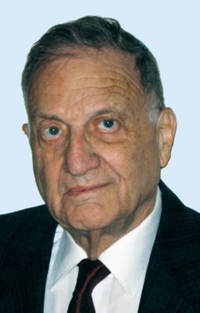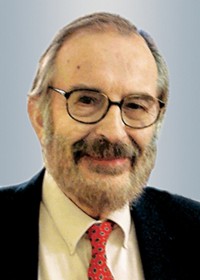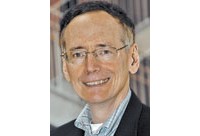Advertisement
Grab your lab coat. Let's get started
Welcome!
Welcome!
Create an account below to get 6 C&EN articles per month, receive newsletters and more - all free.
It seems this is your first time logging in online. Please enter the following information to continue.
As an ACS member you automatically get access to this site. All we need is few more details to create your reading experience.
Not you? Sign in with a different account.
Not you? Sign in with a different account.
ERROR 1
ERROR 1
ERROR 2
ERROR 2
ERROR 2
ERROR 2
ERROR 2
Password and Confirm password must match.
If you have an ACS member number, please enter it here so we can link this account to your membership. (optional)
ERROR 2
ACS values your privacy. By submitting your information, you are gaining access to C&EN and subscribing to our weekly newsletter. We use the information you provide to make your reading experience better, and we will never sell your data to third party members.
Materials
ACS Award For Creative Work In Fluorine Chemistry
Sponsored by Honeywell
by David Pittman
January 31, 2011
| A version of this story appeared in
Volume 89, Issue 5
Few elements are valued enough to support their own field of chemical research. Fluorine, however, is one. With its high electronegativity and low molecular weight, fluorine possesses qualities that make it useful in a variety of applications.
Throughout his career, Alain Tressaud has advanced solid-state fluorine chemistry in a variety of ways. As a research director for the French National Center for Scientific Research (CNRS), a government-funded research organization under France’s Ministry of Research, Tressaud has examined fluorides of transition-metal elements, discovered a new series of magnetic materials, and created stable catalysts for the synthesis of chlorofluorocarbon substitutes.
“He has prepared new, improved materials for uses in fields such as catalysis, energy storage, and optics,” says Karl O. Christe, research professor at the University of Southern California. “His pioneering work has provided important insight into the correlations between structure and properties.”
Tressaud, 67, has become internationally known for his ability to correlate physical structure with the chemical and electrical properties of solid-state fluorine compounds, particularly with transition elements. “In mixed-valency palladium fluoride Pd2F6, he gave evidence and explained the so-far highest jumps of electrical conductivity under high pressure observed in a fluoride compound,” says Paul Hagenmuller of the University of Bordeaux, in France.
The French-born Tressaud found that intercalating La2CuO4 with elemental fluorine turned the insulator into a superconductor. In the field of metallic conductors, Tressaud found fluorine-intercalated graphite fibers approached the conductivity of copper. His lab also discovered and characterized families of ferrimagnetic and ferromagnetic fluorides.
“In addition to fundamental research, Alain Tressaud has persistently sought to emphasize the fundamental importance and applications of the fluorinated materials he has synthesized in the fields of catalysis, fine chemicals manufacturing, medical technology (biomaterials), nuclear energy, automotive technology, wood protection, microelectronics, optics, and energy storage,” says Gary J. Schrobilgen, professor of chemistry at McMaster University, in Ontario.
Beyond the lab, Tressaud has edited or coedited five books on myriad topics including health, the environment, and materials. He has served as guest editor of six special-issue international journals.
“One of the important aspects of Alain’s personality is his charisma,” which helped him to bring scientists together, Hagenmuller says. For instance, he’s involved with cooperative programs in 12 countries that have yielded more than 130 joint papers. In 2002, Tressaud created the French Fluorine Network, which aims to link similar organizations worldwide, including the ACS Division of Fluorine Chemistry. He organized, in November 2006, a national symposium honoring the 100th anniversary of Henri Moissan’s Nobel Prize in Chemistry. Moissan, who isolated elemental fluorine, was the first Frenchman to receive the Nobel Prize in Chemistry.
Since 1992, Tressaud has served as research director for CNRS, where he has worked in different capacities since 1976. Before that, he worked at the University of Bordeaux.
Tressaud presented the award address at the Biennial Winter Fluorine Conference earlier this month in St. Pete Beach, Fla.






Join the conversation
Contact the reporter
Submit a Letter to the Editor for publication
Engage with us on Twitter